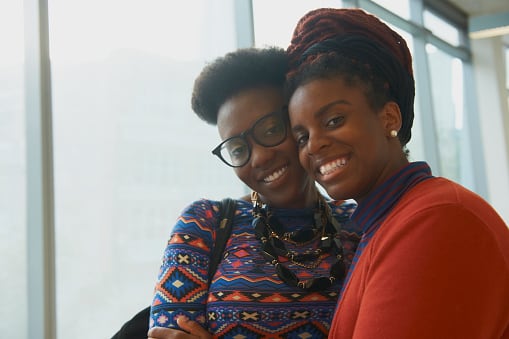If you want to something fun that will do wonders for your health, make a friend. A new study from the University of North Carolina (UNC) at Chapel Hill reports that having strong social bonds is just as important as a healthy diet and exercise.
“Our analysis makes it clear that doctors, clinicians, and other health workers should redouble their efforts to help the public understand how important strong social bonds are throughout the course of all of our lives,” said study co-author Yang Claire Yang, a professor at the University of North Carolina in a UNC interview.
For the study, researchers looked at four surveys of Americans from teenagers to older adults and analyzed the data to find degrees of social integration, social support and social strain. They also evaluated blood pressure, waist circumference, body mass index and systemic inflammation—all factors linked to heart disease, stroke, cancer and other diseases—in the group.
They found that the more social ties people had at a young age, the better their health throughout the lifespan.
Study co-author Kathleen Mullan Harris, also a professor at UNC, said, “based on these findings, it should be as important to encourage adolescents and young adults to build broad social relationships and social skills for interacting with others as it is to eat healthy and be physically active.”
This research expands on earlier studies showing that older adults live longer if they have larger social networks. This study suggests social links reduce health risks in each stage of life, the study authors explained.
In teens, social isolation is as great a risk for inflammation as physical inactivity, while having a strong social network appears to protect against abdominal obesity, the researchers found.
In seniors, social isolation is more of a threat than diabetes in the development and control of high blood pressure, the study authors said, but in middle age, it isn’t the number of social links that matter, but rather the quality.
“The relationship between health and the degree to which people are integrated in large social networks is strongest at the beginning and at the end of life, and not so important in middle adulthood, when the quality, not the quantity, of social relationships matters,” Harris said.
Photo: Dan Tardif/Getty LWA








